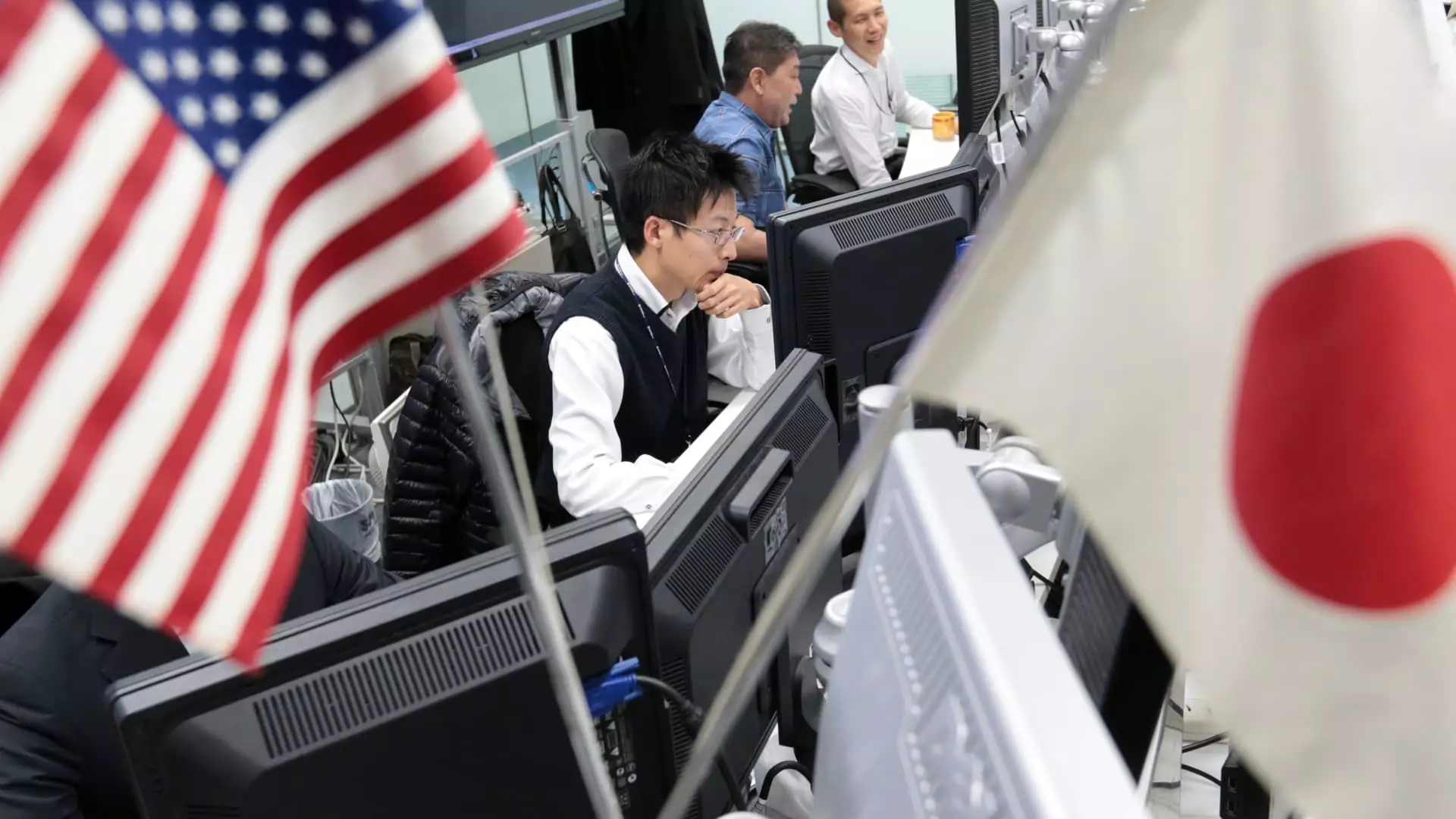The United States is set to unveil a major revamp of its military command structure in Japan to enhance defense ties with its Asian ally. This overhaul comes as Tokyo aims to establish a new joint headquarters to oversee its armed forces with the goal of coordinating more effectively with Washington on regional threats from China and North Korea. The U.S. Secretary of State, Antony Blinken, and Secretary of Defense, Lloyd Austin, will engage in high-level security talks with Japanese Foreign Minister Yoko Kamikawa and Defense Minister Minoru Kihara to discuss these measures.
One of the key points of discussion in the upcoming talks will be “extended deterrence,” highlighting the U.S. commitment to utilizing its nuclear forces to deter attacks on its allies. This marks a significant step as the U.S. and Japan explore ways to deepen their security cooperation in response to the evolving security landscape in the region. With China’s increasing military capabilities and the regular missile tests conducted by North Korea, Japan is reevaluating its defense posture and taking steps to enhance its capabilities.
In addition to discussions with Japan, Secretary Austin and Defense Minister Kihara met with their South Korean counterpart, Shin Won-sik, to reinforce trilateral cooperation efforts. The agreement signed during the talks aims to “institutionalize” cooperation through initiatives such as real-time sharing of North Korean missile warning data and joint military exercises. This move underscores a broader effort by the Biden administration to foster stronger ties between Tokyo and Seoul, overcoming historical tensions stemming from Japan’s occupation of Korea.
Recognizing the need for enhanced defense capabilities, the U.S. is seeking to leverage Japanese industry expertise to supplement its defense sector. Talks between Tokyo and Washington on defense industry collaboration under the U.S.-Japan Forum on Defense Industrial Cooperation, Acquisition, and Sustainment have opened avenues for cooperation. The collaboration aims to alleviate the strain on U.S. defense companies due to heightened demand resulting from global conflicts.
Following the discussions in Japan, Secretary Blinken and Secretary Austin are slated to hold security talks with another key ally, the Philippines, as part of broader efforts to counter China’s assertive behavior in the region. Reflecting the U.S. commitment to upholding a “free and open Indo-Pacific,” these engagements underscore the strategic importance of deepening defense ties and fostering a united front among allies in the face of regional challenges.
The revamping of the military command structure in Japan and the efforts to deepen defense ties with key allies underscore the evolving security dynamics in the Indo-Pacific region. Through enhanced cooperation, joint initiatives, and strategic collaborations, the U.S. aims to bolster regional security and ensure a robust defense posture in the face of emerging threats.


Leave a Reply